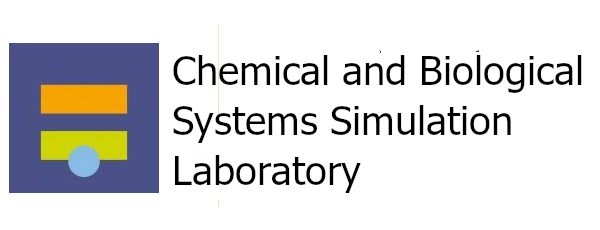Nanozymes based on metal-organic framework as catalysts for hydrolysis of peptide bonds

17 04 2025
Category: CeNT news, Main page, Research highlights
Zirconium-based metal-organic frameworks (MOFs) have great potential in catalysis due to their robustness, stability and catalytic activity in a wide spectrum of chemical reactions. Their structure and activity can be optimized for a specific chemical reaction using a number of different approaches. In this study, we describe the reactivity of a dodecahedral-nuclear metal-organic framework towards hydrolysis of peptide bonds under physiological pH conditions. This difficult reaction is of great importance in biochemistry and proteomics, and the use of MOFs as selective and easily modifiable artificial enzymes for this reaction presents an opportunity to create an efficient catalyst for this reaction. Using the dipeptide glycylglycine as a model substrate, the group of Prof. Tatjana Parac-Vogt of the KU Leuven showed experimentally that a zirconium-based MOF accelerates the hydrolysis of a peptide bond by 10 000-fold compared to the uncatalyzed reaction. A number of spectroscopic studies were carried out to explain the high reactivity of this system and its interesting chemical properties, and in collaboration with Prof. Bartosz Trzaskowski of the Chemical and Biological Systems Simulation Laboratory, Centre for New Technologies, University of Warsaw, molecular modelling was used to understand the structure-activity relationships of this class of compounds, which will allow in the future the design of nanozymes with better properties.
The collaboration between KU Leuven and the University of Warsaw is funded by CELSA (Central Europe Leuven Strategic Alliance).